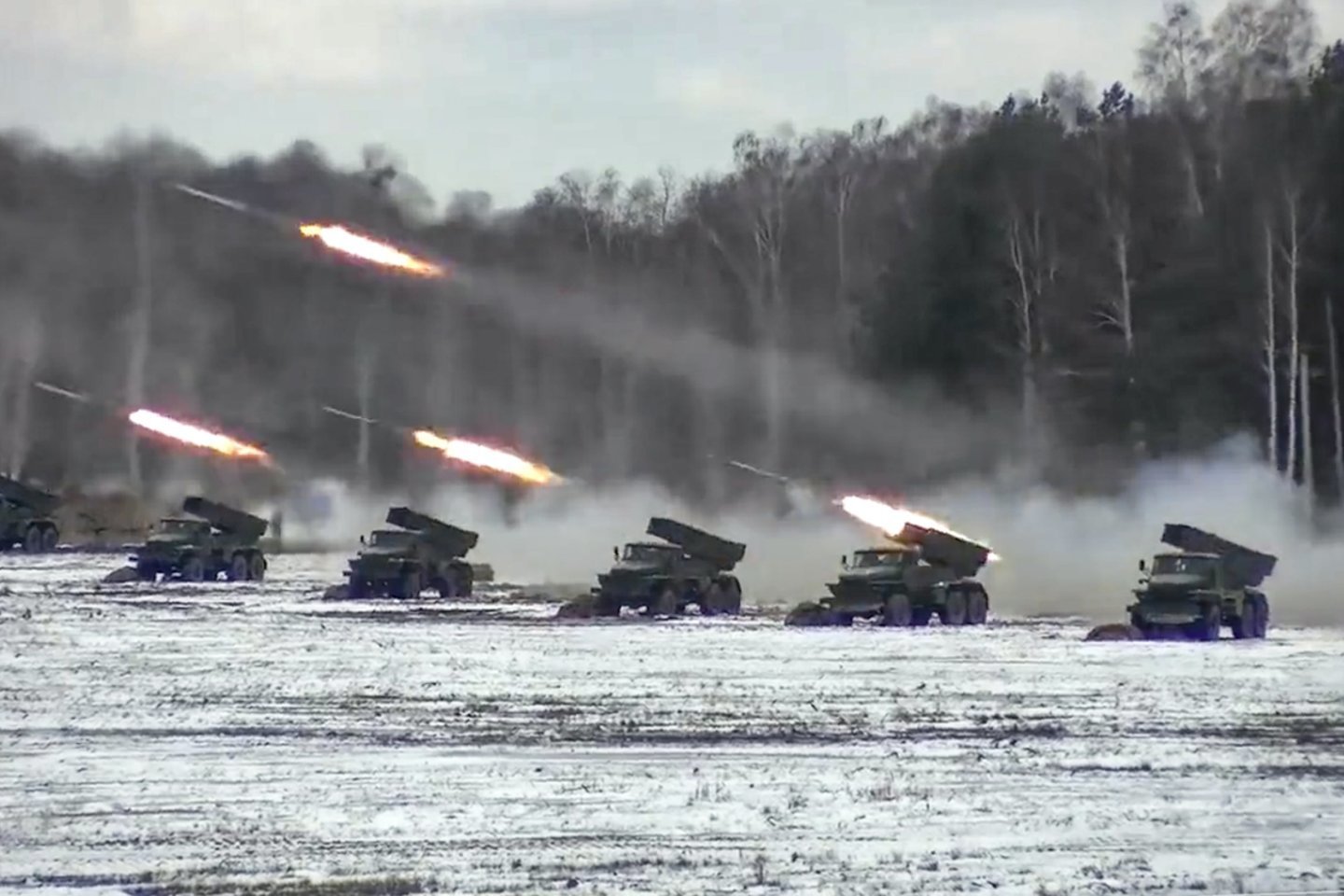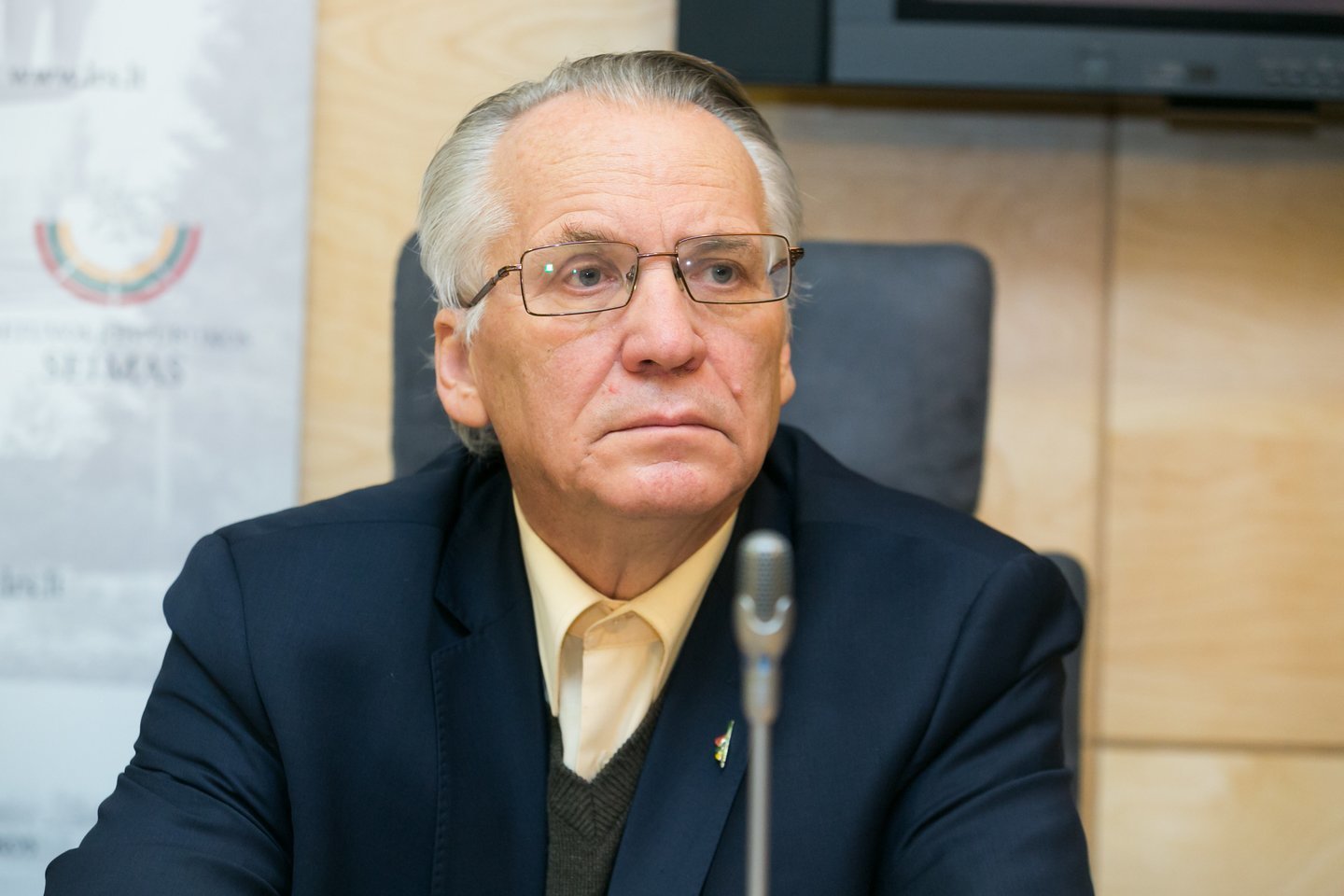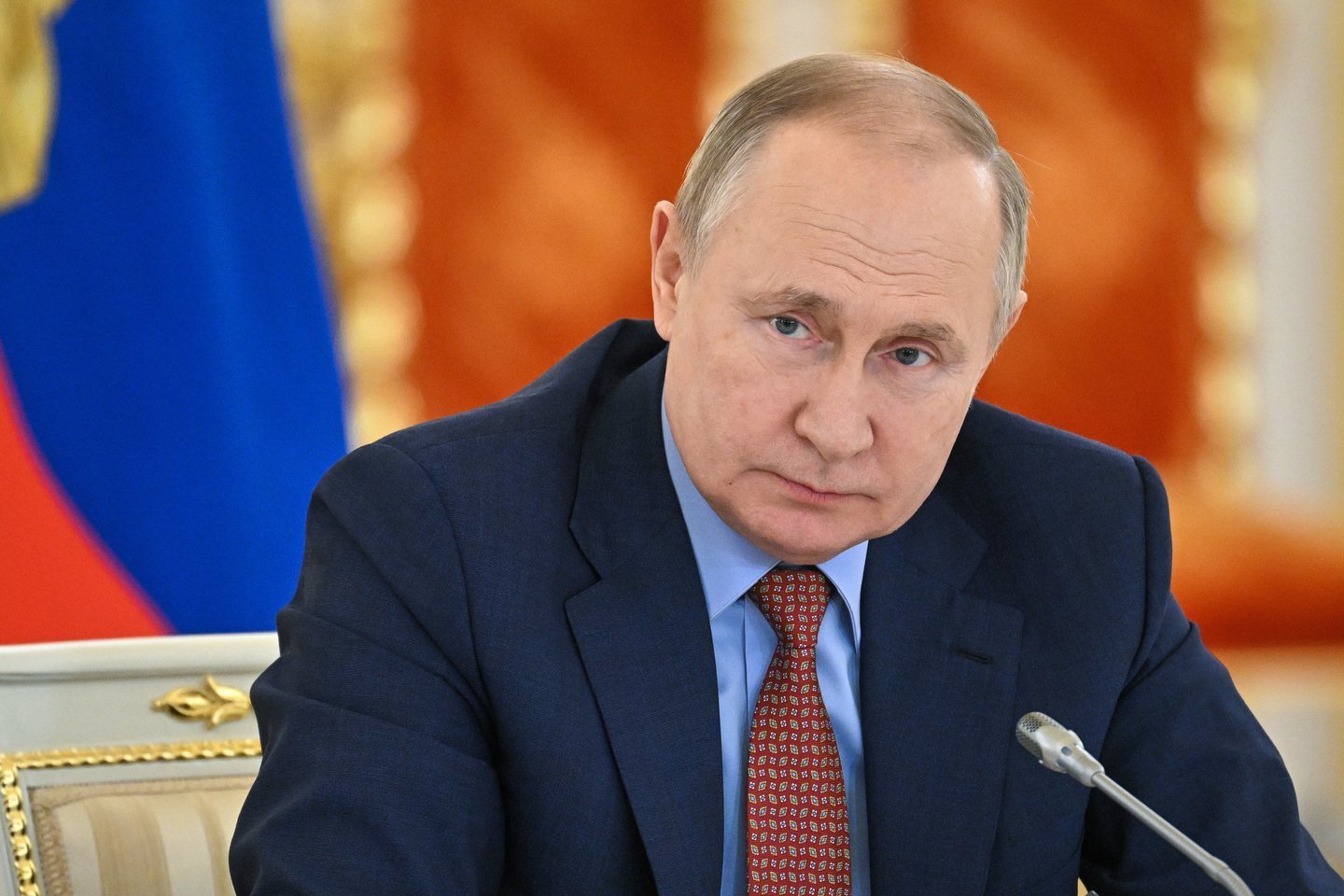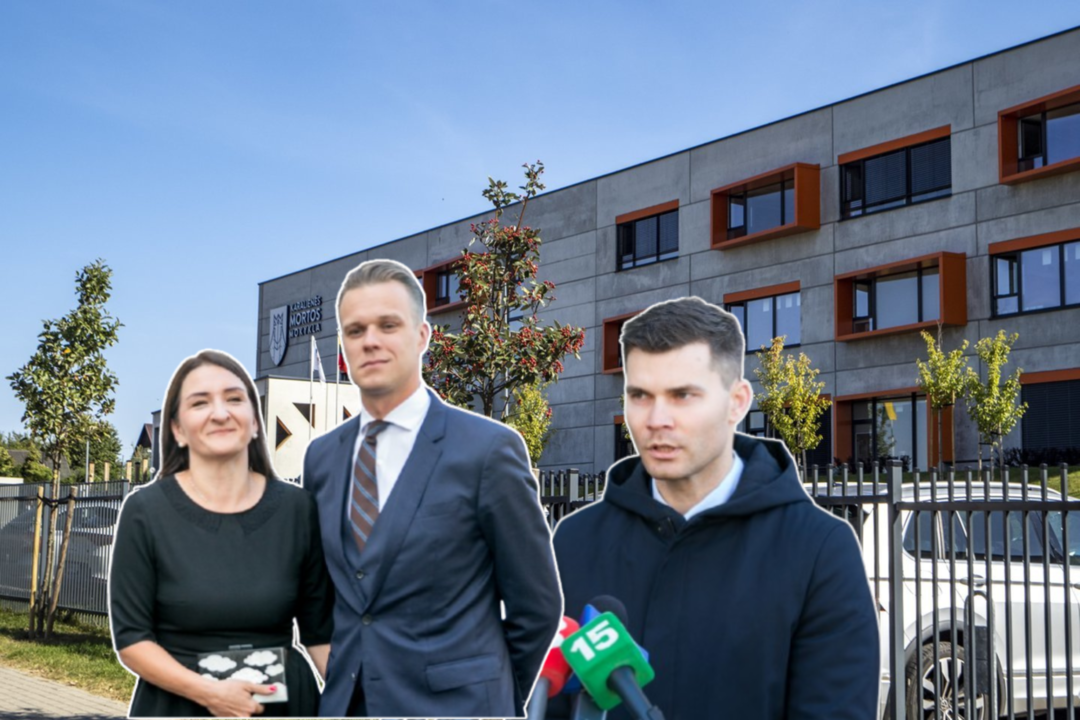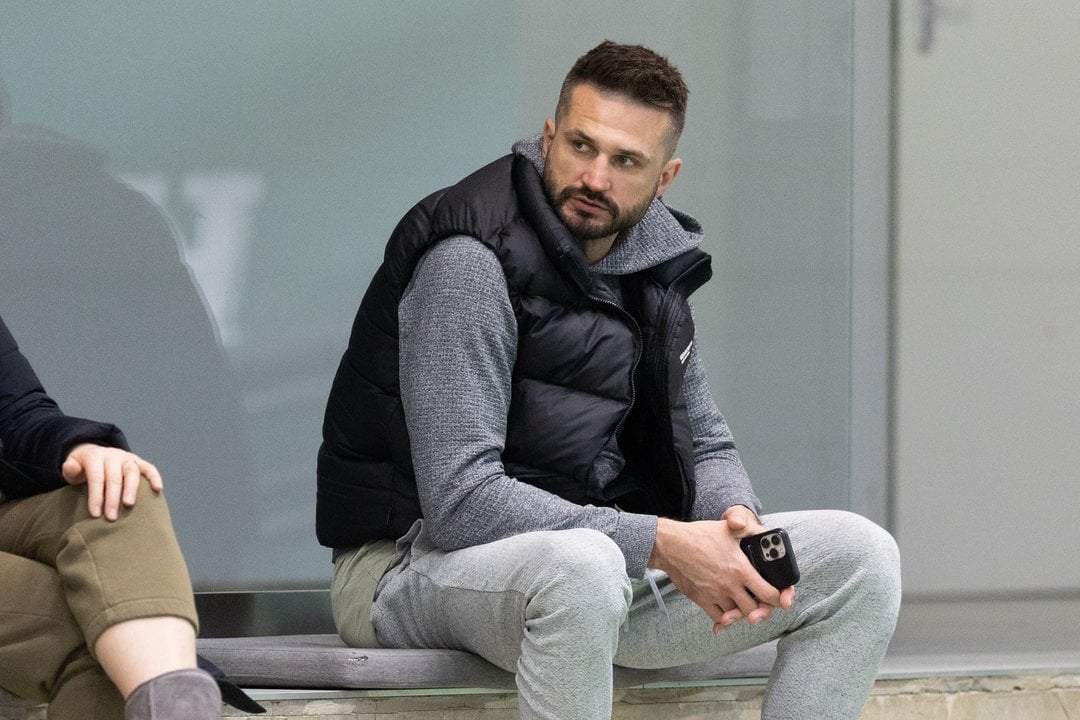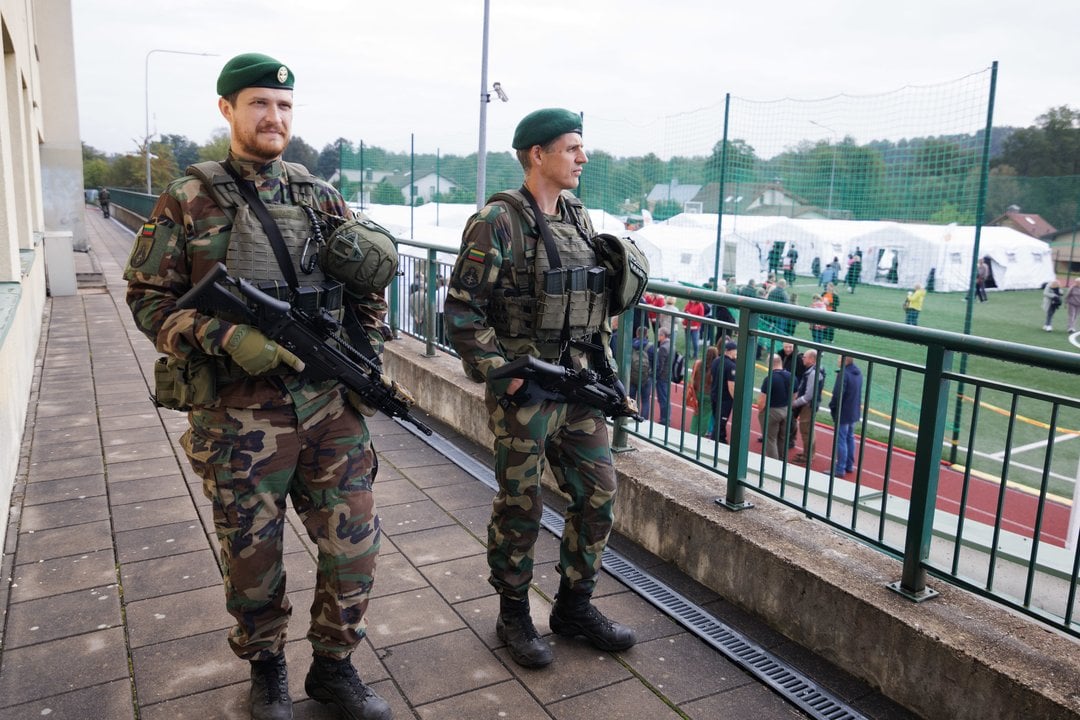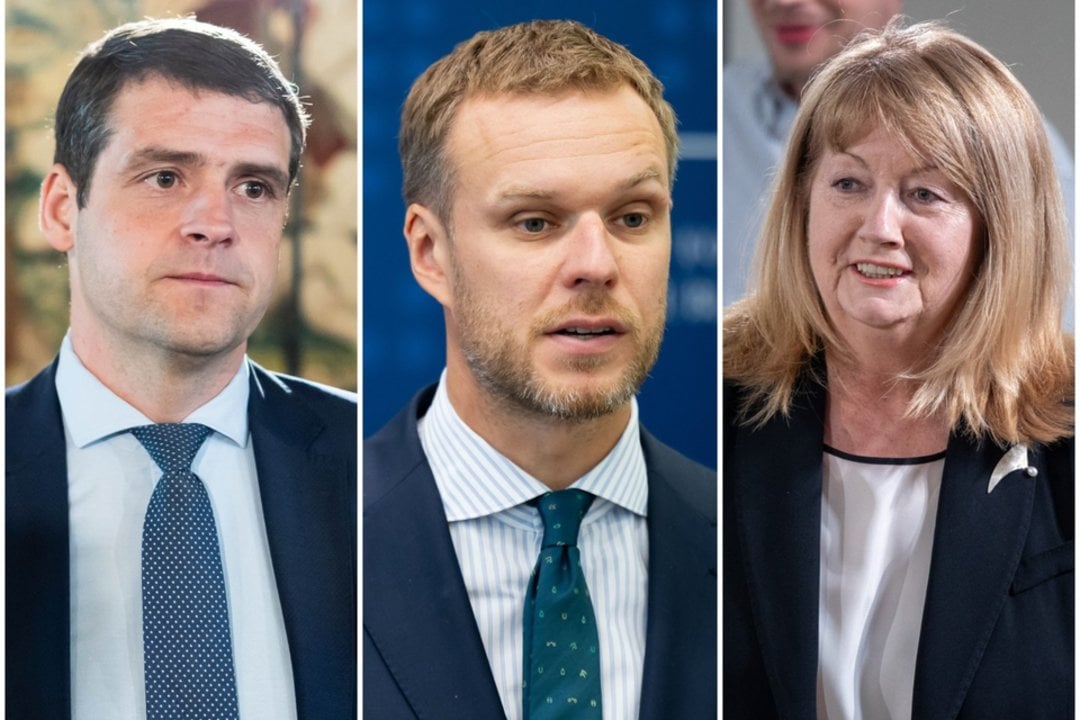„Ukraine has freed itself from Russian influence and turned towards the West, and that is why Russia is taking revenge on it. It has occupied Crimea and is encroaching on other territories,“ I replied as if I were under examination myself. „And what, before that Ukraine was going in a different direction, towards the East? But Ukraine was an independent country for many years,“ the student continued, „there were private factories, casinos, you could buy whatever you wanted in the market. Just like in Russia, Poland, Germany. Only in Germany, wages are higher.“
„My father told me that he drives a car.“ „A truck,“ the teacher corrected, relieved that the information had not come from her.
Thanks to the school timetable, the bell rang for a break. The teacher thanked me for coming, and as she said goodbye, she sighed: „The students sometimes ask so many questions that I find it difficult to give a non-literal answer myself, who is interested in political life. I, of course, listen and read what is officially said and discussed about Russia-Ukraine relations, but there's no hiding it – when you watch Russian TV, you hear everything the other way round.
You can turn it off, you can not listen to it, but the questions remain in your mind. Finally, parents speak their minds in front of their children. And there are many around here, and there are many people who grumble, too. The children bring everything to the classroom.“
When preparing for meetings with pupils, you also have to think about side topics, not just festive ones.
I have received a whole list of questions, from a piece of paper, about domestic politics, parties and even individual politicians. And now, perhaps, apart from the commemorative gift, there is a whole bouquet of embarrassing questions.
One of the bunch is why Russia opposes NATO enlargement if NATO brings peace and democracy. Does this mean that Russia wants war? US President Biden explains that he is not sure whether Putin wants war, but that is a complicated situation of his choice, in which he may have no other option than to use military force against Ukraine.
For its part, Moscow denies attacking Ukraine at least three times every day at various levels. The Western, naturally, and Lithuanian media do not say outright that Putin and those charged with spreading the denials are lying. But it has been repeated repeatedly that the likelihood of a Russian invasion of Ukraine is increasing. And it is also said that if Putin does decide to bring Ukraine to its knees by force, he will receive unprecedented, unheard-of retribution.
Seeing the rapidly growing queues for buckwheat, Ukrainian President Zelensky, for the second time, together with his subordinates, who until now have been vigorously explaining that war will be over in an hour or two, rushed to reassure the public that there was no need to panic because there is no such threat as the one being spread by the media.
By the way, the Lithuanian army has also started to reassure the public on Facebook. The text reads: „It is a fact that the Russian Federation has increased its military contingent on the Ukrainian border. But that is the end of the immediate threat for today.“
My guess, in line with the idea of former Lithuanian army commander Tutkus, is that there is no point in Russia facing the fierce resistance of the Ukrainian army and the years of guerrilla warfare and that the verbal expression of the threat, which reached its peak during the Russian-Belarussian military exercises, will calm down in one month. But the tensions between Russia and NATO, and by extension, the US, will not go away and will probably turn into a redrawing of the geopolitical map.
The roots of hostility run deep and are based on mutual distrust and disbelief in any words between Russia, the US, and NATO. The frustration, gradually turning into hostility, started around 2005. Until then, Russia's approach to NATO enlargement had been wavering, always undecided about what position to take. There was even talk that Russia could also join NATO at one point.
I remember those talks because, in my position at the time, I was carefully gathering information on what Russia's reaction to Lithuania's explicit choice of a Euro-Atlantic path might be. So, naturally, there were murmurs, but there was no stopping action.
Asked why the sluggish opposition to NATO enlargement was resisted, Mr Putin simply replied that we were a weak country that was not reckoned with by anyone. And when asked about the annexation of Crimea, he was at a loss for words and replied: „What about the next day in Sevastopol (where there is a Russian military base – Authors' note), should I greet the US Marines?“
According to Moscow's propaganda, NATO is a tool of US foreign policy, a defender of national interests far beyond America. And the sanctions are intended to damage not only the Kremlin regime but also certain politicians. However, this is virtually pointless, and the Russian economy as a whole, by blocking modern technology, destroying the military industry, and attempting to bring the Russian regions into conflict with the central government, perhaps even by separating Siberia.
However, Russia is no longer the 'poor cousin'; it is an increasingly important country, capable of setting the conditions for the West and drawing red lines.
This Russian ideological position is both wrong and dangerous, but it has been widely disseminated and has begun to be incorporated into the education system. Finally, it exists in various forms on the Internet, which is the only authority for many.
